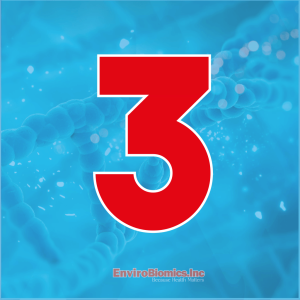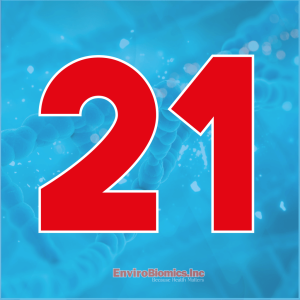Description
Glucan:
Glucans are polysaccharides, primarily composed of glucose chains that can be occasionally cross-linked and branched. They are found in the cell walls of bacteria, plants, fungi (yeasts and molds), and algae.
Immunomodulatory Properties:
- Glucans, specifically (1→3)-ß-D-glucans, act as immunomodulators.
- They are known to bind to and activate various immune cells, including NK cells, neutrophils, monocytes, and macrophages.
- Glucans are thought to attach to a range of cells, including fibroblasts and endothelial cells.
Biological Actions:
- Glucans induce the production of cytokines, which play a crucial role in inflammation.
- They are associated with processes such as nitric oxide generation, complement cascade activation, and activation of lymphocytes and macrophages.
- Studies suggest that endotoxin and glucan can work together to boost the inflammatory response, and this combination has been explored in the treatment of certain conditions.
Glucan Testing:
Methods:
- Subtraction Approach:
- Uses two endotoxin tests, one with a blocking material to reduce the assay’s reaction to glucans.
- The difference between the two outcomes correlates directly with the quantity of glucan present.
- Direct Measuring Assay:
- A more precise, quantitative, and specific method for (1→3)-ß-D-glucans compared to the subtraction approach.







Reviews
There are no reviews yet.